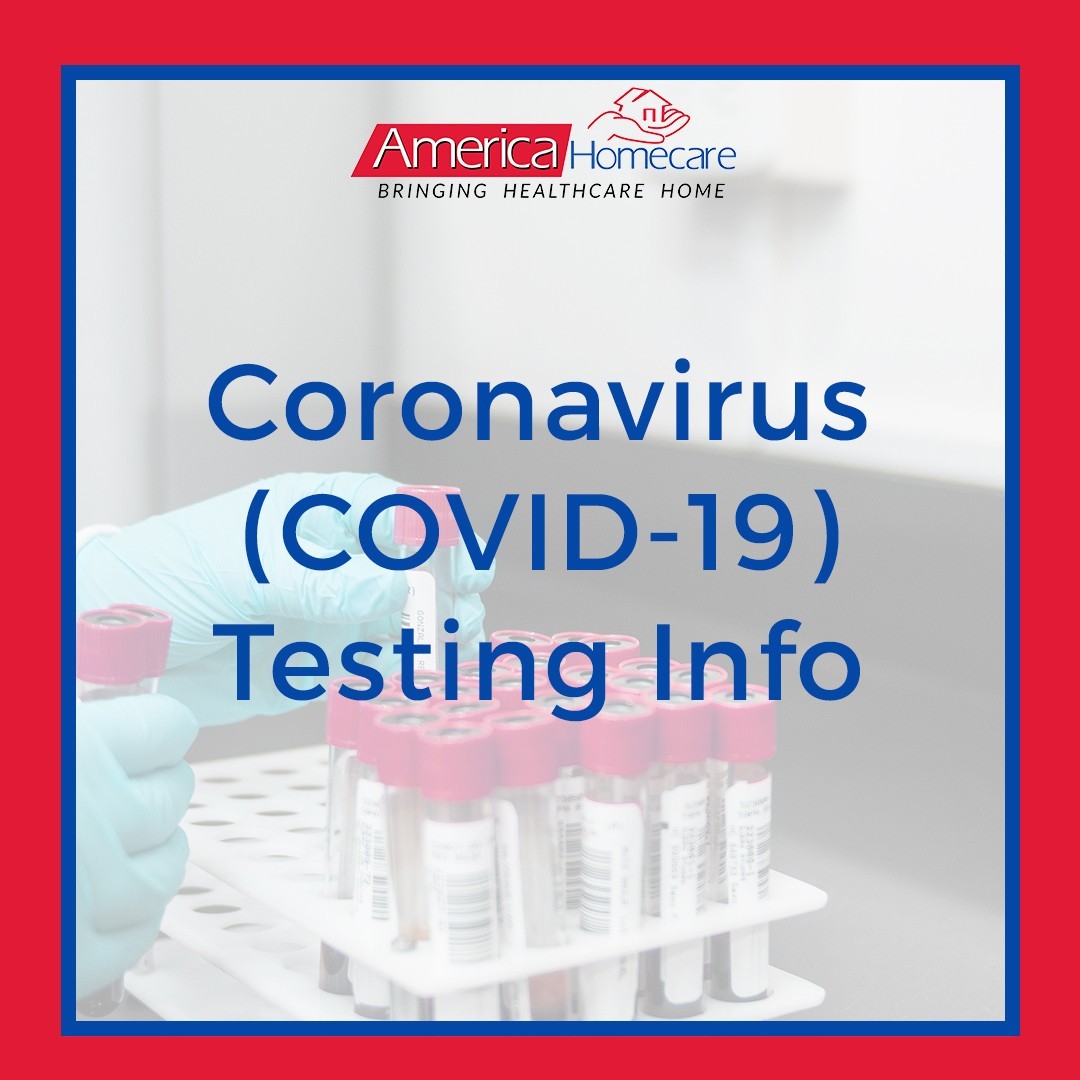CDC Coronavirus Testing Information

CDC Coronavirus Testing Information | America Homecare
Coronavirus Testing Information
Two kinds of tests are available for COVID-19: viral tests and antibody tests.
- Viral test lets you know if you have a current infection.
- Antibody test lets you know if you’ve had a previous infection.
An antibody test may not show if you have a current infection, because it can take 1-3 weeks after infection to make antibodies. We do not know yet if having antibodies to the virus can make one immune to the virus. We also don’t how long that protection might last if they are immune.
IMPORTANT: In the state of New York, you are required to wear a face mask when in public.
The CDC has provided a corona protection guide from all their findings. However, coronavirus or COVID-19 is a newly discovered virus. Experts constantly learn more and more about it. At the moment, there is no vaccine. Taking proper steps to protect yourself and others can lower the spread significantly.
Please note that people who are at higher risk for COVID-19 include the following groups:
- 65+ year olds
- nursing home or LTC-facility communities
- people with chronic lung disease or moderate to severe asthma
- people with serious heart conditions
- those who are immunocompromised (cancer treatment, smoking, bone marrow or organ transplantation, immune deficiencies, poorly controlled HIV/AIDS, and prolonged use of corticosteroids and other immune weakening medications are some of the things that cause one to be immunocompromised)
- people with severe obesity (BMI of 40+)
- people with chronic kidney disease undergoing dialysis, liver disease, or diabetes
Other people who are at risk are pregnant people and people experiencing homelessness.
Who Should Be Tested?
To learn if you have a current infection, viral tests are used. However, not everyone needs this test.
- Firstly, most people will have mild illness and can recover at home without medical care and may not need to be tested.
- CDC has guidance for who should be tested. However, decisions about testing are made by state and local health departments or healthcare providers.
- If you have symptoms of COVID-19 and want to get tested, call your healthcare provider first.
- You can also visit your state or local health department’s website to look for the latest local information on testing.
- Although supplies of tests are increasing, it may still be difficult to find a place to get tested.
In the Result of…
- Testing positive for COVID-19 by a viral test, know what protective steps to take if you are sick or caring for someone.
- Testing negative for COVID-19 by a viral test, you probably were not infected at the time your sample was collected. However, that does not mean you will not get sick. The test result only means that you did not have COVID-19 at the time of testing.
No matter which test you take or what results you get, you still should take preventive measures to protect yourself and others.
Keep in mind this coronavirus testing information may be outdated. Since the virus is new, more developments are being made. Additionally, be sure to remember that one can carry the virus even though they are asymptomatic.
Resource links:
https://www.cdc.gov/coronavirus/2019-ncov/symptoms-testing/testing.html
To see previous posts we’ve covered with some helpful tips and information on the coronavirus (COVID-19), be sure to visit our category page or you can view this post with all the infographics for easy printing or reviewing.

Get care from someone you trust
Do you want to receive care from your
loved one while they are compensated
by Medicaid?